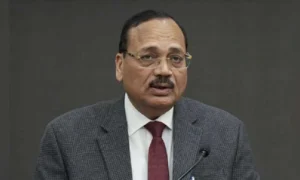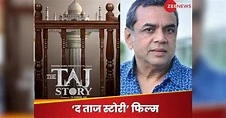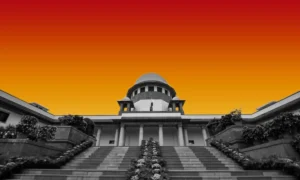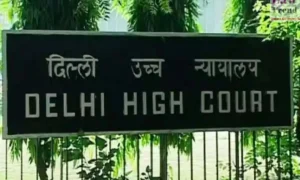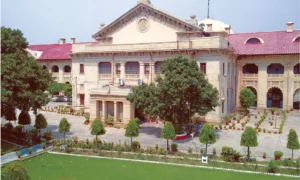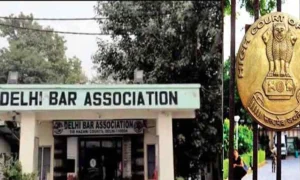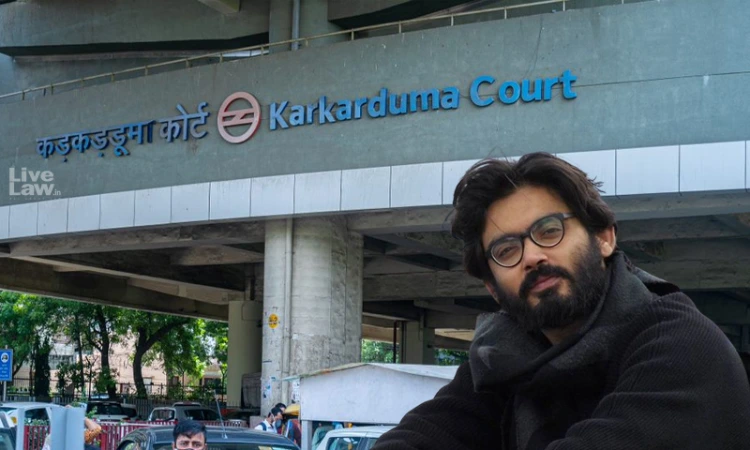
In proceedings before the Supreme Court today, the Delhi Police have strongly contested the bail applications of student activists implicated in the 2020 Northeast Delhi riots conspiracy case. Among those seeking release are Umar Khalid, Sharjeel Imam, and three others, all charged under the stringent Unlawful Activities (Prevention) Act (UAPA).
The police urged the court to deny bail, arguing that the alleged offences transcended ordinary protest activity and instead formed part of a calculated attempt to destabilise the state.
In its detailed 177-page affidavit, filed on the eve of the hearing, the police assert that the February 2020 violence was not a spontaneous outburst connected with protests against the Citizenship (Amendment) Act (CAA), but rather a coordinated “regime change operation.” According to the submission, the plan was orchestrated to coincide with the visit of President Donald Trump, thereby internationalising dissent and casting the government in a negative light on the global stage.
The authorities claim to have gathered a mix of evidence — ocular testimony, documentary material, technical data and encrypted communications — suggesting that the accused played roles as architects of a broader design. Investigators allege that unrest erupted in multiple states (Uttar Pradesh, Assam, West Bengal, Karnataka, Kerala, Maharashtra and Bihar) concurrently, which they present as evidence of a pan-India conspiracy rather than isolated disturbances.
A key point of emphasis in the police narrative is the delay in trial proceedings. They contend that the defence has intentionally slowed the process: document exchange alone required 39 hearings over two years; framing of charges was stalled over nearly 50 hearings; and various findings from the High Court on delay were suppressed in submissions. The Delhi High Court, prior to these proceedings, had already observed that the defence bore responsibility for much of the delay.
Under the applicable legal framework, bail under UAPA is exceptional: courts must ensure, even at a prima facie level, that the accused are not engaged in terrorism before admitting them to liberty. The police argue this test fails here. The Supreme Court must now navigate competing principles: the presumption of innocence and the right to bail under general criminal law versus the special safeguards and higher threshold enshrined in UAPA jurisprudence.
The accused reject the allegation of conspiracy, insisting that their actions were peaceful protest. They maintain that prolonged incarceration without trial constitutes “punishment without conviction,” an affront to basic constitutional rights. Several of them have spent nearly five years in custody as undertrials. They have also invoked parity with other student activists (Natasha Narwal, Devangana Kalita, Asif Iqbal Tanha) who were granted bail in 2021, arguing that similar legal thresholds should guide their release.
Two central questions that loom large today are the legitimacy of extended pre-trial detention, and whether the facts on record meet UAPA’s elevated standard for denying bail. The Supreme Court’s ruling will have significant implications for the balance of national security powers and civil liberties in high-stakes dissent cases.
📰 Crime Today News is proudly sponsored by DRYFRUIT & CO – A Brand by eFabby Global LLC
Design & Developed by Yes Mom Hosting

